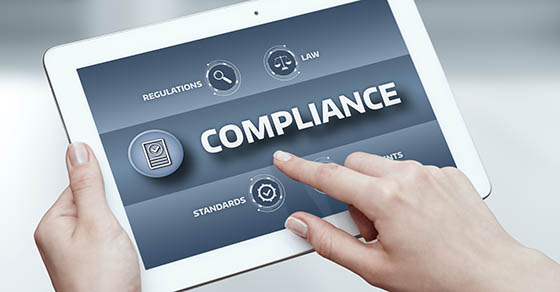4 tax challenges you may encounter if you’re retiring soon
Are you getting ready to retire? If so, you’ll soon experience changes in your lifestyle and income sources that may have numerous tax implications. Here’s a brief rundown of four tax and financial issues you may contend with when you retire: Taking required minimum distributions. These are the minimum amounts you must withdraw from your retirement […]
4 tax challenges you may encounter if you’re retiring soon Read More »










